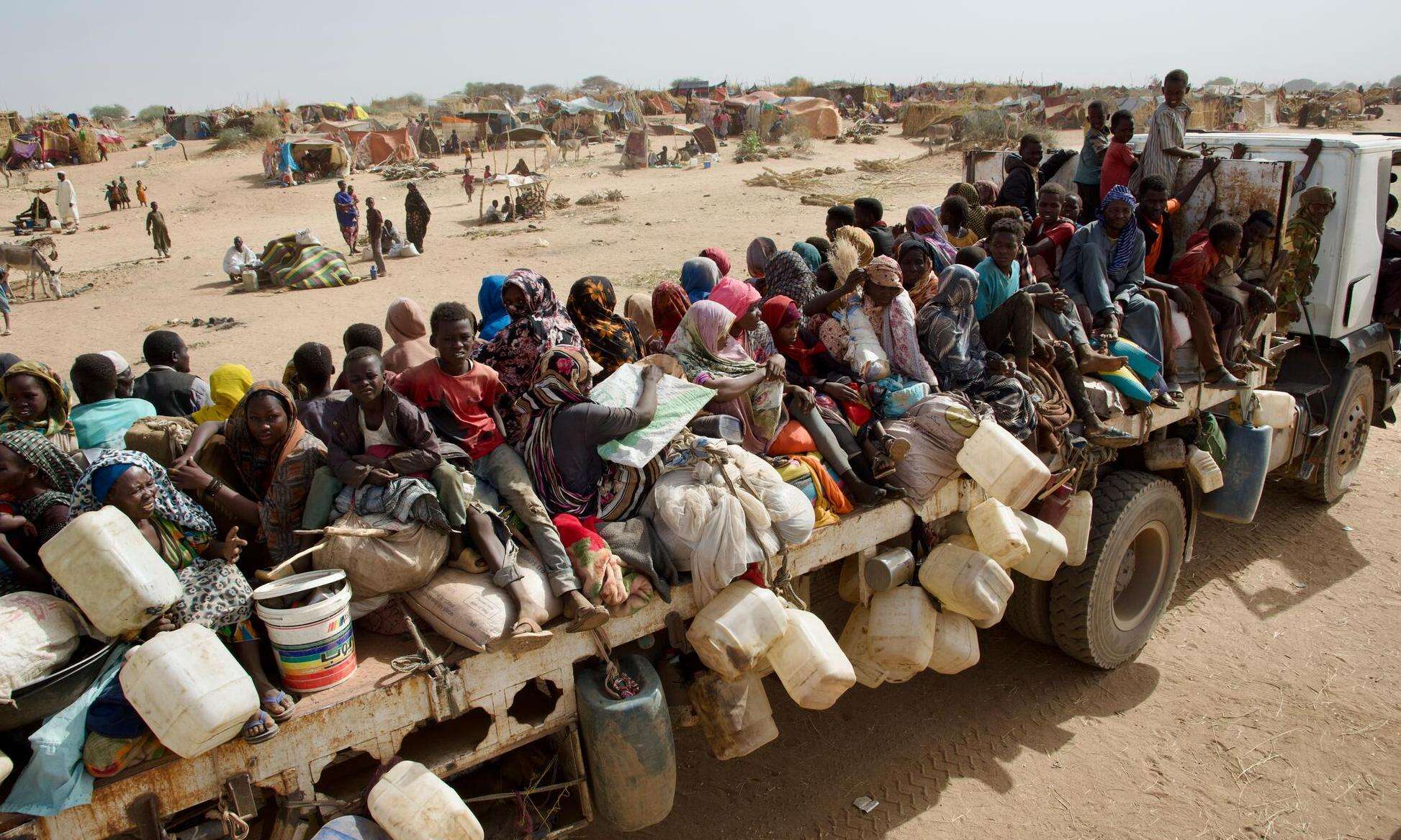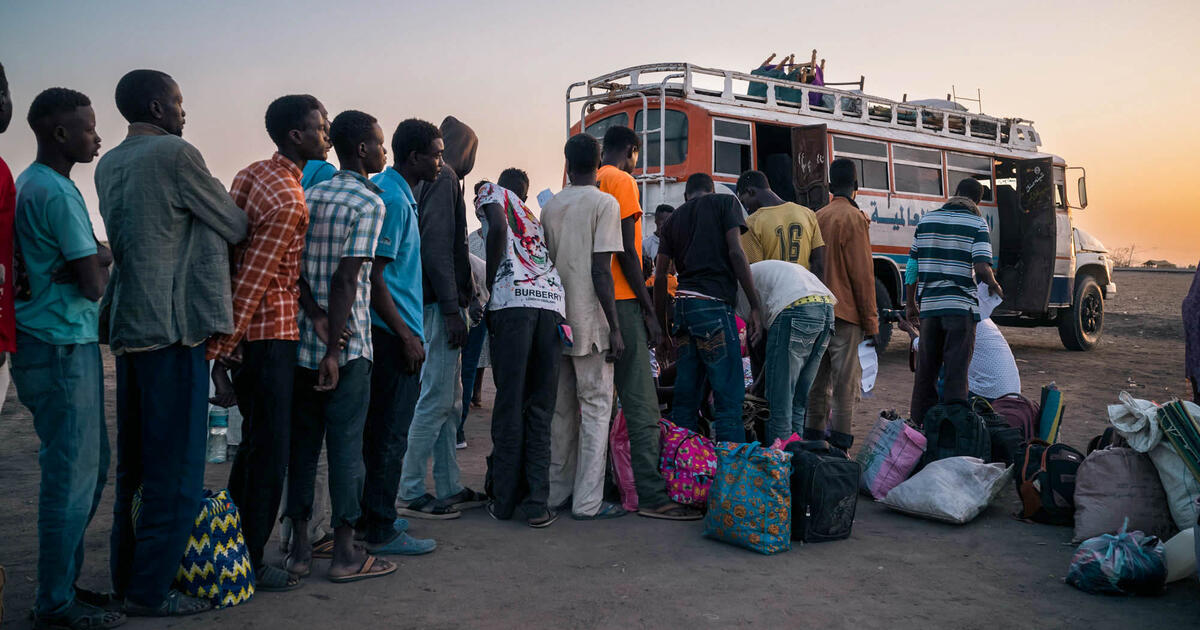As fierce battles between armed forces loyal to two rival generals continue raging and with Sudanese counting their losses, the wider region is already reeling from the impact of the one-week conflict due to Khartoum’s economic importance in Northeast Africa, according to analysts.
Khartoum’s economic importance to its neighbors have already been felt and, as the conflict continues unabated, the wider region should brace for more losses, analysts warn. Located between Suez Canal and Bab el Mandeb, right by a busy shipping lane in the Red Sea, and bordering North Africa, the Sahel and Central Africa, Sudan’s security and stability is important for business and trade. “Sudan also plays a key role in preventing infiltration of terror merchants, or illegal weapons, who may be hiding in troubled Libya,” says Claire Amuhaya of Rudn University in Moscow. “It connects important transportation routes for aviation, oil and other stuff. It needs to be in stable hands to sustain this flow,” she adds. Thus it’s hardly surprising that leaders in the region have called for de-escalation, fearing that the war could not only spread but it would be a new economic burden to their efforts to rise from recent global crises.
For Sudan, it is not just the port of business with the outside world that matters. Sudan’s airspace is among the largest aviation territories on the continent, making it a useful route when going to or from Europe, but airlines have now either avoided the violence areas, taking on longer routes, or suspended scheduled flights. Some countries and companies in Africa have been concerned about the impact of the war in Sudan on supply chains and trade. “Sudan is one of the biggest importers of our coffee and we should be worried,” said Stephen Asiimwe, executive director of the Private Sector Foundation Uganda. Sudan is the second-largest importer of Ugandan coffee after the European Union, as well as a major importer of its tea, spices, vehicles, animals, vegetable fats, and other agricultural produce. “The fighting threatens to destabilize not just Sudan but much of the region,” Davis Nyagah, an Immigration Law consultant, warns. “The crisis has a regional bend since the repercussions from the conflict could compromise regional security, peace and stability, thus undermining economic, political and security interests.”



